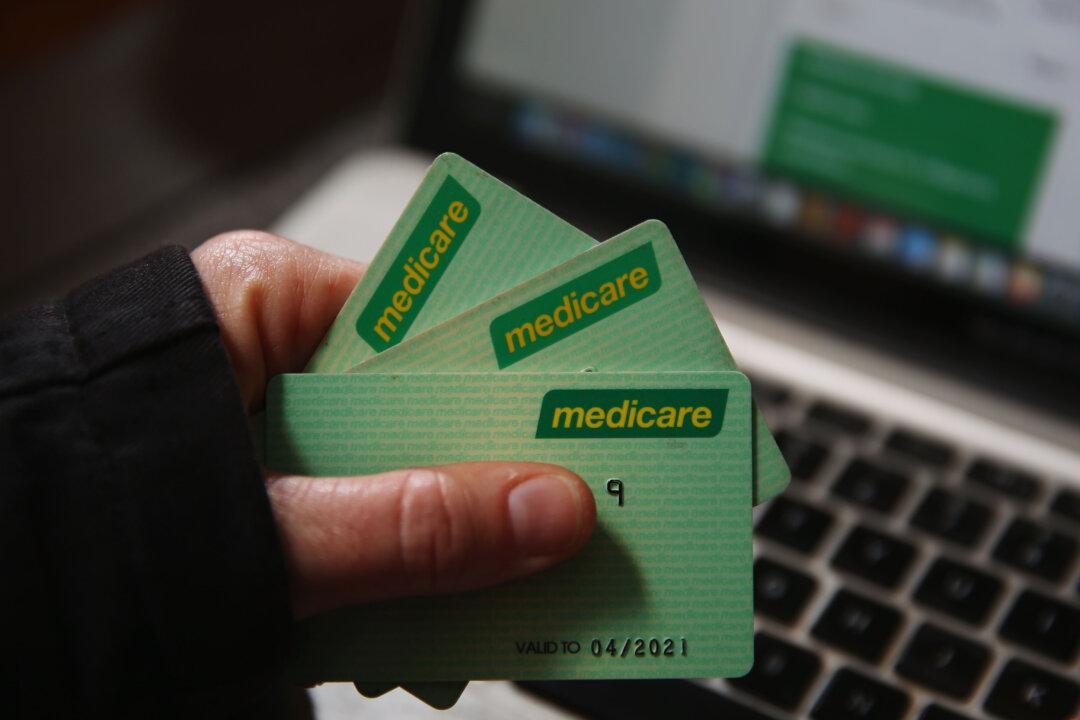The Albanese Labor government has announced $573.3 million aimed at improving women’s healthcare, and expanded Medicare support.
The five-year package includes new subsidies for contraceptives, menopause treatment, and endometriosis care, with some measures taking effect immediately.





